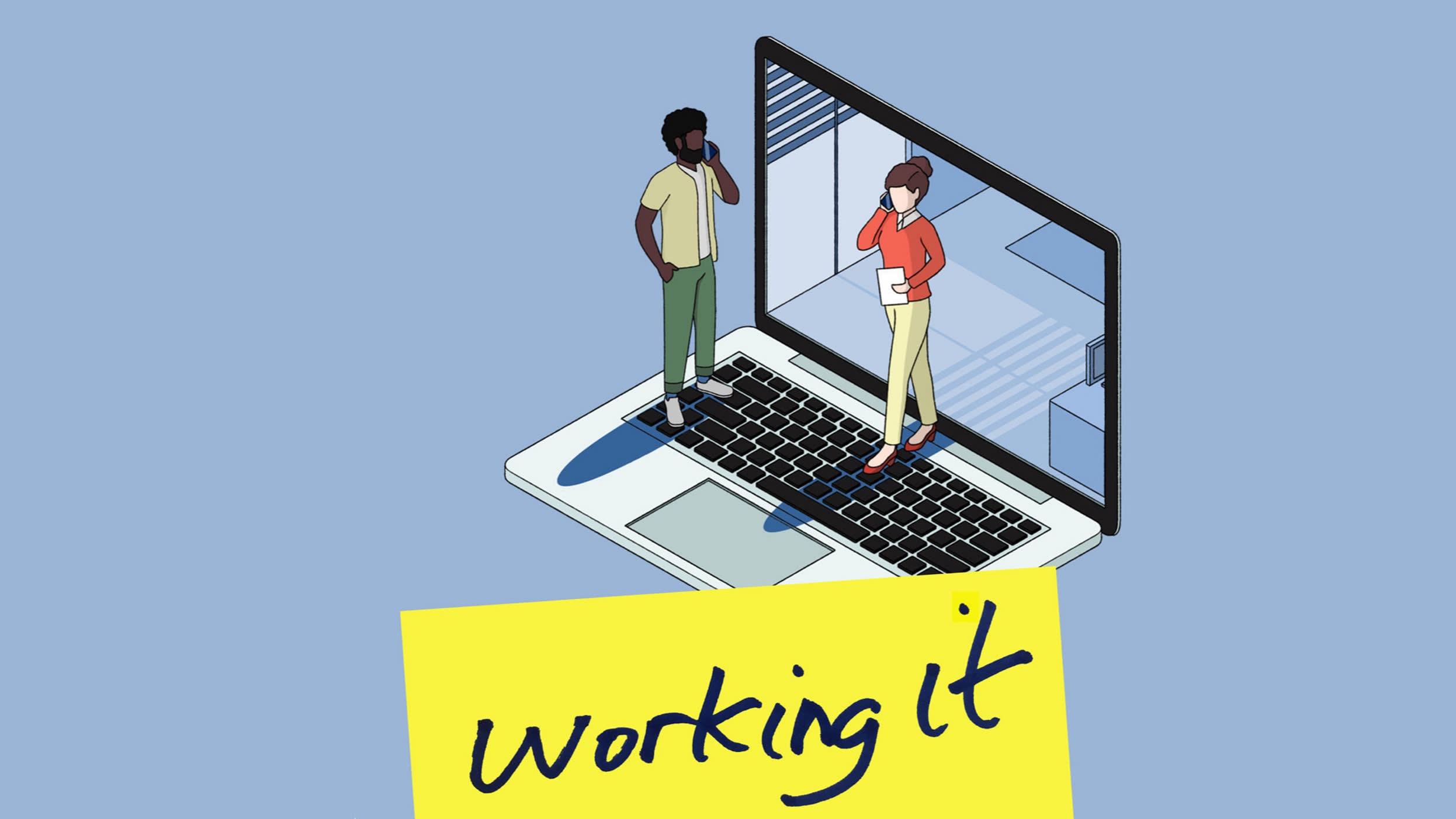Why Long Covid rehab must be very, very slow
When Judith first came down with Long Covid, in March 2021, she couldn’t imagine being able to return to her job: a demanding role in business development for a global engineering company. She suffered from fatigue, brain fog and breathlessness so debilitating that she had to ask her parents to care for her and her two children.
She counts herself lucky that, about six months later, she was able to resume full-time hours. It was the culmination of a careful increase in activity guided by an occupational health specialist experienced in chronic fatigue, provided by her employer.
It is all a stark contrast to her life pre-Covid, when she regularly worked through lunchtime and into the evening. Now, she has taken up a new job closer to home that allows her to set limits on the work she can realistically do. It has left her confident that she will recover further — although she concedes that she does not yet know what “well” looks like.

Educating people with Long Covid about their condition is key to helping them manage their symptoms, according to Bilal Baig, Long Covid lead at occupational health provider Bespoke Wellbeing. The company provides a six-session program for people with Long Covid, covering topics such as managing breathlessness and fatigue, setting sustainable goals, and improving sleep quality. His clients include employers across the private and public sectors, as well income-protection insurance providers.
This story originally appeared on: Financial Times - Author:Faqs of Insurances




























